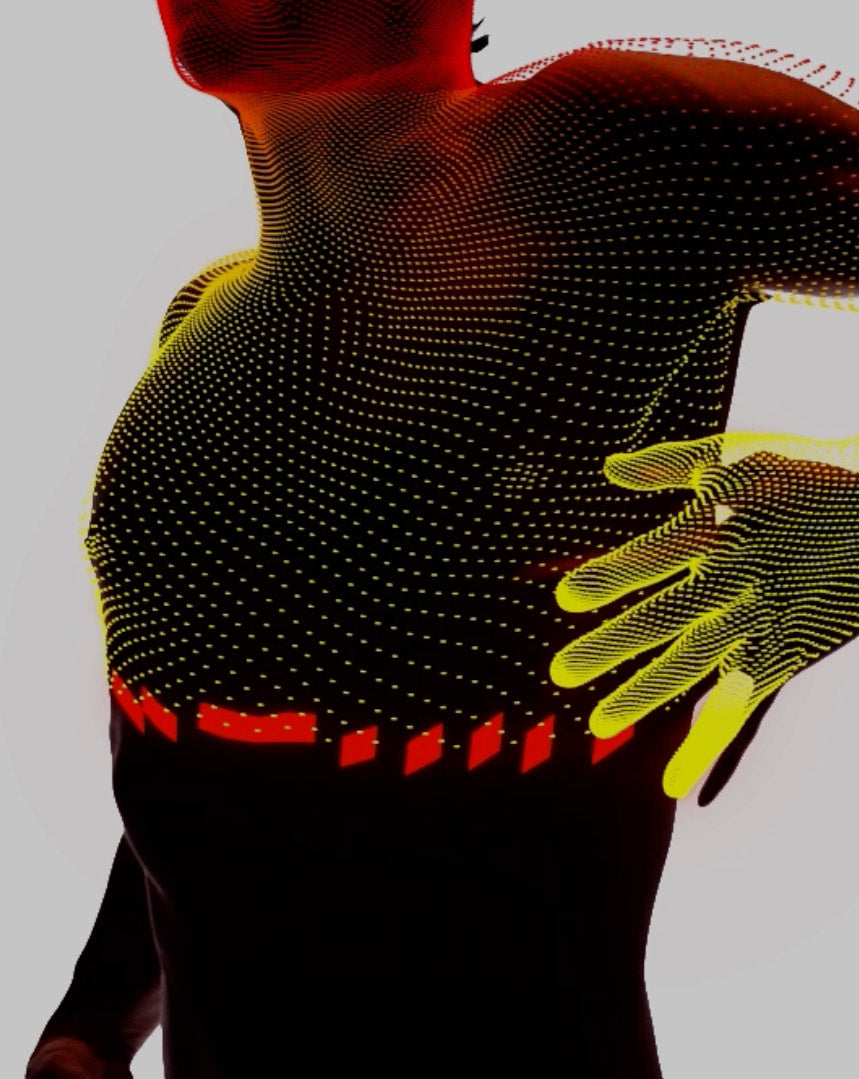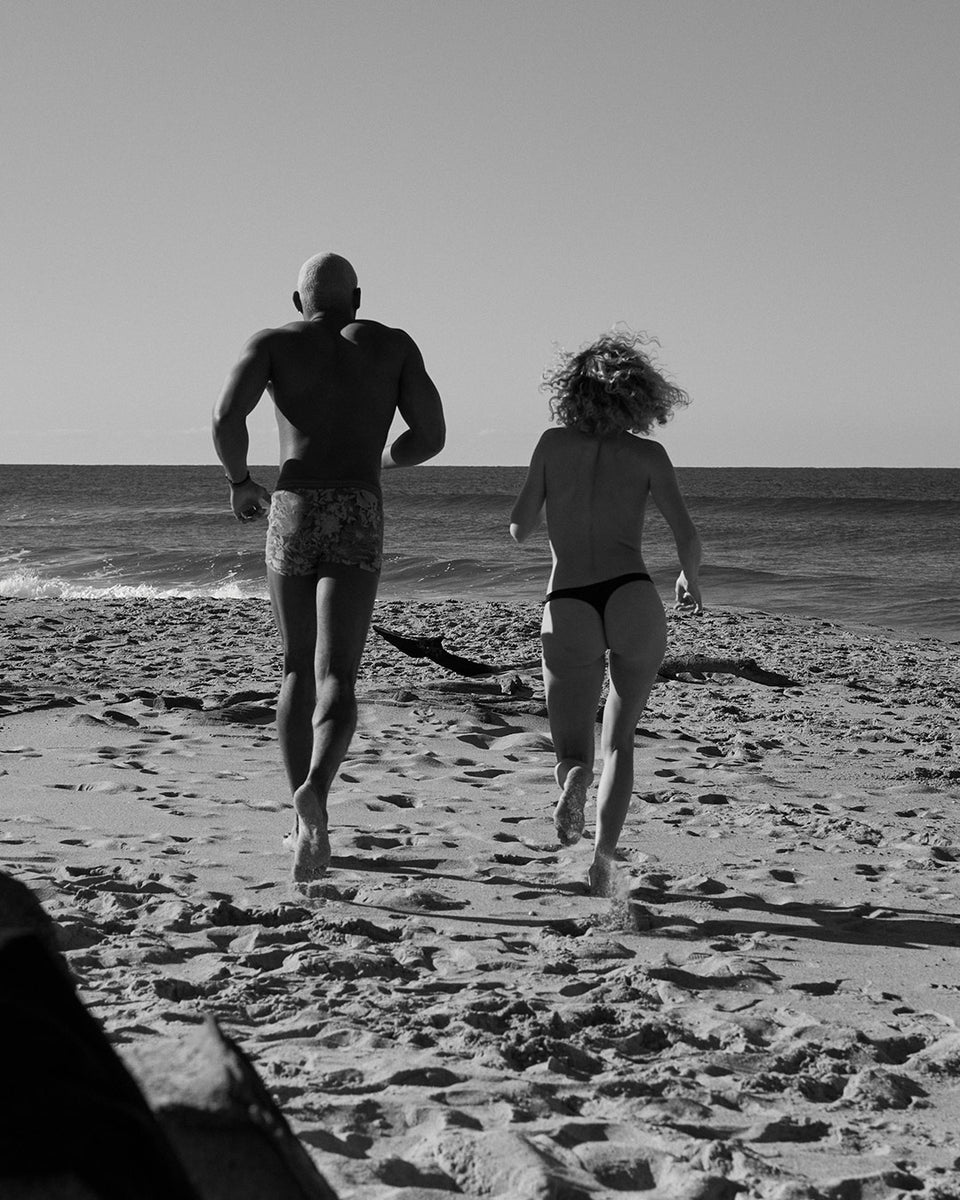It’s safe to say we’ve all had our blinkers on this year due to COVID. Fair. But something that a mask and some hand sanny isn’t going to stop is the climate crisis – it may have dropped out of the media, but it hasn’t magically gone away.
We all know that time is of the essence (approximately 12 years and counting... eeeek!), so what better way to reflect on the future we want – and restart the conversation around climate – than by acknowledging Earth Overshoot Day which this year falls this Saturday 22nd August, 2020.
Annually, this day marks the date when humanity has used all the ecological resources that Earth can renew during the entire year. We’ll admit that this year has been a tad hard to plan for, but one thing that remains immutable is our planetary budget.
“We envision a world where humanity lives on our planet’s ecological budget by design rather than by disaster, so that all thrive within the means of Earth.” – Global Footprint Network


While Australia comes out worse this year than last (by one day), globally Earth Overshoot Day has been pushed back more than three weeks later than in 2019 thanks to the COVID-induced lockdowns around the world.
We’ve seen wildlife return to crystal clear canals in Venice. We’ve seen smog dispersing in China where carbon emissions dropped by 25% in just four weeks of lockdown. And sadly, we’ve also seen masks outnumber jellyfish in the ocean…
But what should we take from all of this?
SILVER LININGS.
While Climate Change’s wildest dreams would’ve been even a tenth of COVID’s media coverage, could the pandemic actually be saving the planet’s best PR tactic?
There’s an invaluable lesson to be taken from the health crisis – we’ve proven that we can live slower in our everyday lives. Sure, that was originally by force but we’re quietly confident that some of the behaviours that have changed will stick. With the aviation industry at a standstill & working from home becoming the norm, maybe we will think twice before zipping all over the place in planes, trains & automobiles. With shopping malls and supermarkets designated high-risk zones, there’s every chance we’ll cut down our personal consumption reducing the 67 tonnes of waste Australians send to landfill each year.
All in all, we’ve seen that our actions do have a direct effect on climate change.
What we need is intentional change to achieve both ecological balance and people’s well-being, two inextricable components of sustainability.” - Global Footprint Network
THERE’S NO TIME LIKE THE PRESENT.
As we’ve seen, when push comes to shove, we can all make a difference with our day-to-day habits. We all must take responsibility for our actions to reduce our individual footprints, but to create real impact and long-lasting change, we need the government to grow some cojones and make climate-first policy decisions.
For far too long, the federal government has been putting coal, oil and gas donors ahead of our people and environment. But we can’t let them ignore climate change for a minute longer, because we have a once-in-a-lifetime opportunity to hitch the gajillions of dollars in government fuelled economic recovery to climate friendly actions. The very short story is that we cannot fuck this up (again)
We need Parliament to officially acknowledge the crisis by declaring a climate emergency this year and put climate change front and centre of all policy and planning decisions in terms of the COVID-induced recession and recovery.
If you agree, then please add your voice and build the momentum we need to make this happen by signing the petition here.
WE’RE (STILL) DOING OUR BIT!
If you don’t already know, Citizen Wolf makes the best fitting Tees on Earth, custom-fit to every body and made ethically on-demand in our Sydney micro-factory. We only use naturally sustainable fabrics and because of the way we work, every Tee produces 48% less carbon than fast fashion. Plus we’ve gone a step further (well, 5 steps actually) by pledging to 5x offset for every kg of carbon produced this year, making our Tees truly carbon negative.

We’re out to prove that looking good by doing good aren’t mutually exclusive. If that sounds like something you’d be into, shop our planet-friendly Tees here:







